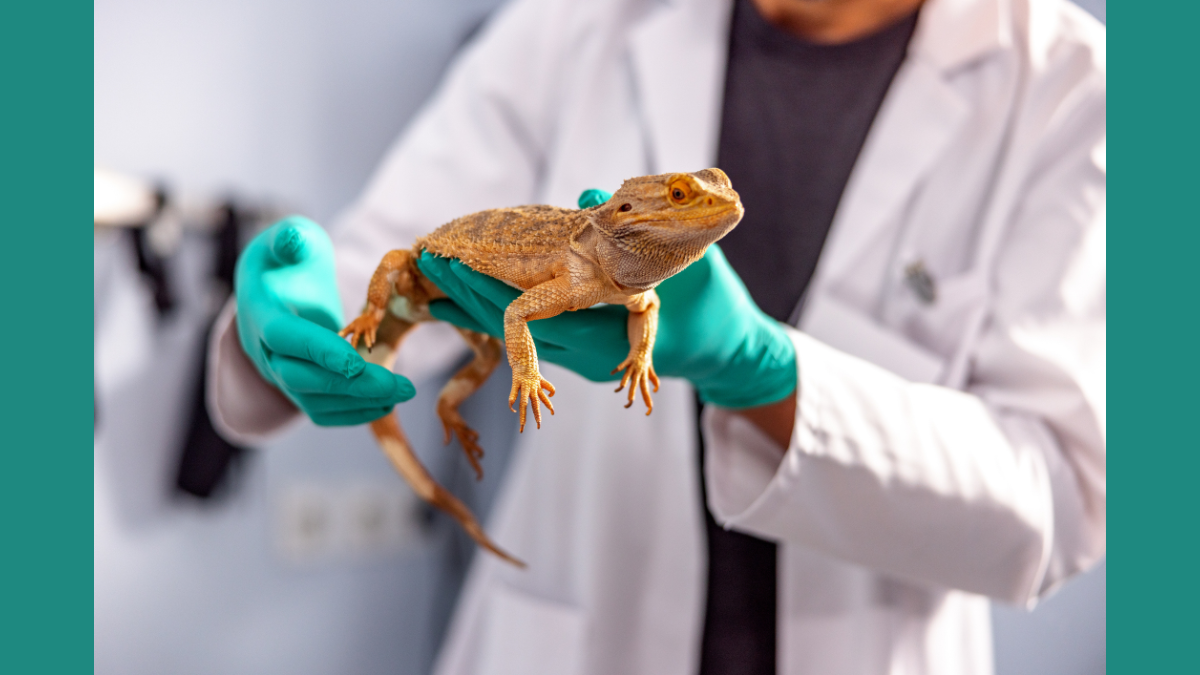Expert comment: Exotic pet care
Dr Sharmini Paramasivam, Associate Professor in Veterinary Behaviour and Animal Welfare and Associate Head of School, and Hanna Machin, Lecturer in Veterinary Anaesthesia, both at the University of Surrey, share their advice to cater to the unique needs of exotic pets.

Exotic pets are becoming increasingly popular. Like all pets, they require long-term dedication and informed care, but their needs often differ greatly from animals such as dogs and cats.
Species such as reptiles, amphibians, birds and small mammals come from diverse ecosystems, meaning their care involves far more than providing food and shelter. For instance, reptiles depend on precise temperature gradients, appropriate humidity and UVB lighting for proper metabolism and digestion, while birds need ample space, mental stimulation and diets richer than just seeds.
Because many exotic animals are highly sensitive to environmental shifts, careful monitoring of temperature, humidity, and hygiene is essential. Their diets must also be species-specific, balanced and sometimes supplemented with vitamins or minerals. Without the appropriate care, the welfare of these pets will be compromised.
Recognising pain behaviour in exotic pets can be challenging, as they often mask symptoms in ways unfamiliar to most owners. This makes specialised veterinary expertise critical. It is crucial that veterinary students receive dedicated training in the care of non-traditional companion animals, equipping them to deliver effective treatment and avoid mismanagement when in practice.
Related sustainable development goals

Featured Academics
Media Contacts
External Communications and PR team
Phone: +44 (0)1483 684380 / 688914 / 684378
Email: mediarelations@surrey.ac.uk
Out of hours: +44 (0)7773 479911

